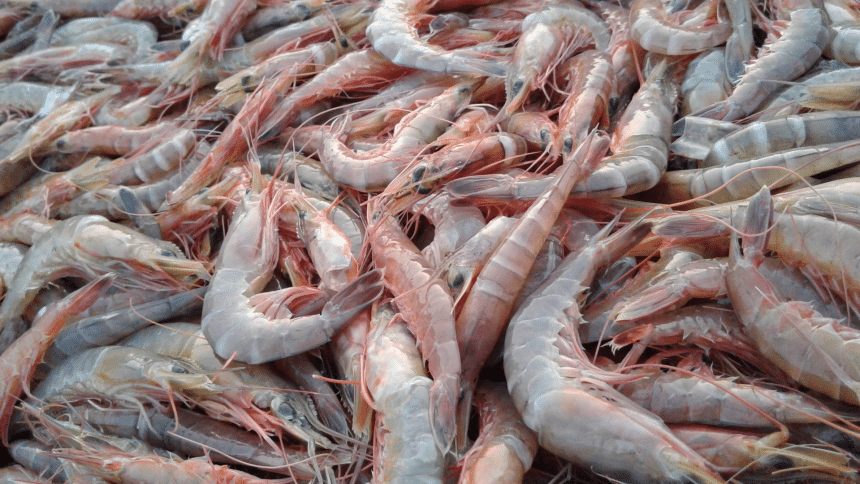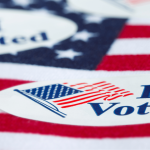A pair of federal lawmakers from Mississippi are leading the way in promoting legislation aimed at protecting local seafood producers and protecting American consumers from untested foreign products.
U.S. Rep. Mike Ezell (R-Miss.), along with Julia Letlow (R-La.) and Troy Carter (D-La.), have introduced the Safer Shrimp Imports Act, a bipartisan bill seeking to tighten federal inspection standards for imported shrimp. The legislation is a companion to a bill introduced by Sen. Cindy Hyde-Smith (R-Miss.) in the Senate.
Data shows that north of 90% of shrimp consumed in the U.S. is imported. According to lawmakers, much of this seafood comes from countries with weak food safety standards and inadequate oversight of harmful contaminants such as antibiotics, pesticides, and bacteria.
To protect consumers, the Safer Shrimp Imports Act would require the Food and Drug Administration to significantly increase testing of imported shrimp and publicly report inspection results, giving consumers more confidence in the safety of what’s on their plates.
“Growing up on Mississippi’s Gulf Coast, I know how important the shrimp industry is — not just to our economy, but to our way of life,” Ezell said. “Our local Gulf Coast shrimpers are playing by the rules while foreign producers are flooding the market with unsafe, low-quality products. This bill is about leveling the playing field and protecting our American producers, and keeping America healthy.”
This bill is supported by a coalition of Gulf Coast seafood industry groups and food safety advocates, including the American Shrimp Processors Association, Mississippi Commercial Fisheries United, and Southern Shrimp Alliance.
Foreign-imported seafood has been a hot-button issue in Mississippi, especially after popular Biloxi restaurant Mary Mahoney’s Old French House was busted for misbranding multiple food items as domestically caught. Gulf Coast wholesaler Quality Poultry and Seafood Inc. was also punished by Lady Justice for its involvement in the scheme to blatantly mislead customers.
As a result, many local restaurant owners and community leaders called for reform, specifically legislation that would require businesses to be transparent about the origin of the seafood they’re selling. Local fishermen have also sought relief, as less-regulated foreign goods have flooded the market at lower prices.
Though local lawmakers did not create new labeling laws this year, Gov. Tate Reeves signed HB 602, creating the “Mississippi Seafood Labeling Task Force” to assess seafood marketing and testing. The task force will submit its findings and possibly recommend certain regulations to the legislature.








